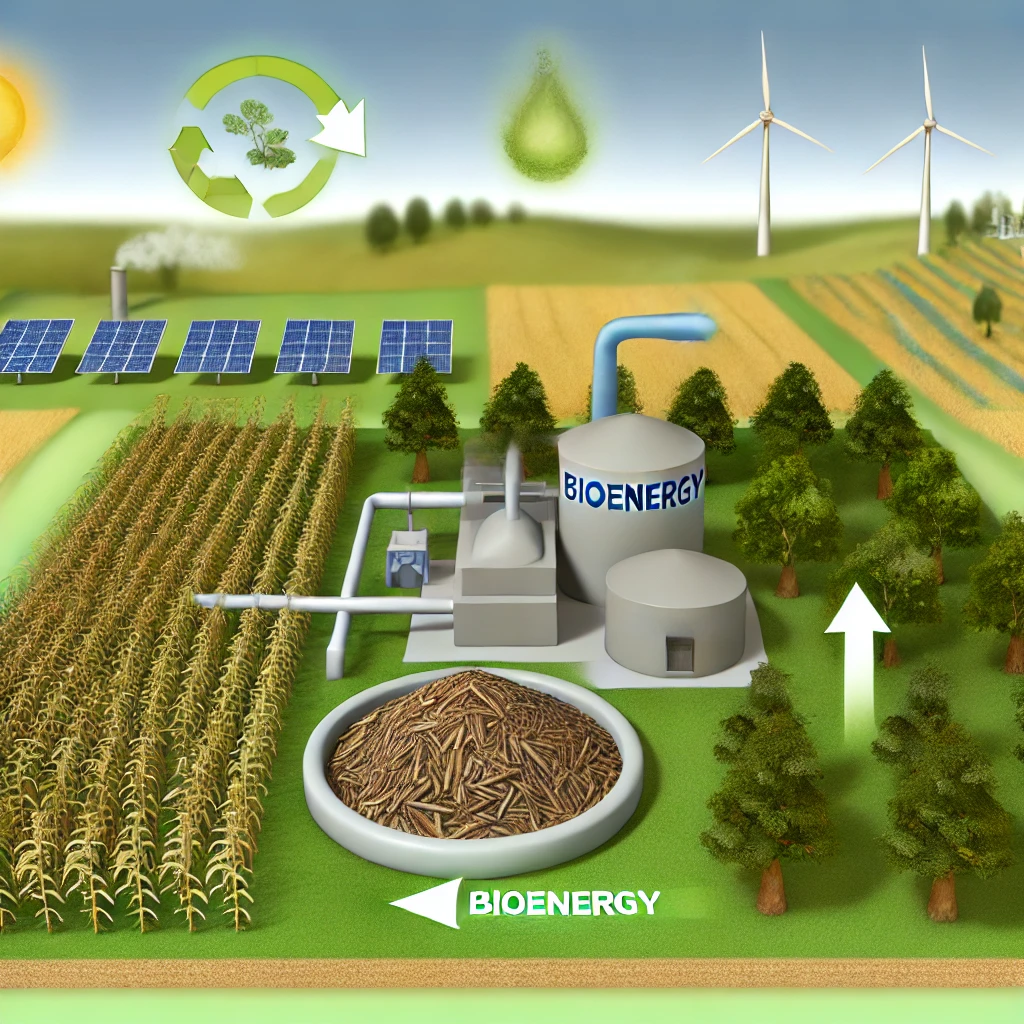Why is Bioenergy renewable?
Article Source

Why you should care
Bioenergy is an exciting and essential topic because it offers a renewable way to produce energy from organic materials, like plants and waste. This can help reduce greenhouse gas emissions and reliance on fossil fuels. Understanding bioenergy is key to creating a sustainable future and combating climate change.
Answering the question… Why is Bioenergy renewable?
Bioenergy is considered renewable because it uses resources that can be replenished naturally. For instance, crops used for biofuels can be grown each year. In fact, bioenergy has the potential to meet 30% of global energy needs by 2050! This makes it an important part of the global effort to create sustainable energy solutions.
How was the study done?
The research involved analyzing different types of bioenergy sources, including agricultural residues, forestry products, and waste materials. Scientists examined their availability, production processes, and environmental impacts. They also looked at how bioenergy can be integrated into existing energy systems, focusing on efficiency and sustainability.
What was discovered?
- Bioenergy can potentially provide 30% of the world's energy by 2050, helping to lower greenhouse gas emissions significantly.
- The production of biofuels from agricultural waste can reduce waste by up to 50%, turning leftovers into valuable energy.
- Biomass can generate 1.5 billion tons of biofuels annually, equivalent to 5% of global transport fuel needs.
- The study showed that bioenergy has a lower carbon footprint than fossil fuels, with emissions reduced by up to 80%.
- By converting organic waste into energy, bioenergy systems can divert 1.3 billion tons of waste from landfills each year.
Why does it matter?
The discoveries in bioenergy are crucial for the future of our planet. By investing in renewable bioenergy, we can create sustainable energy systems, reduce waste, and cut greenhouse gas emissions. This not only helps fight climate change but also promotes energy independence and economic growth in local communities.
